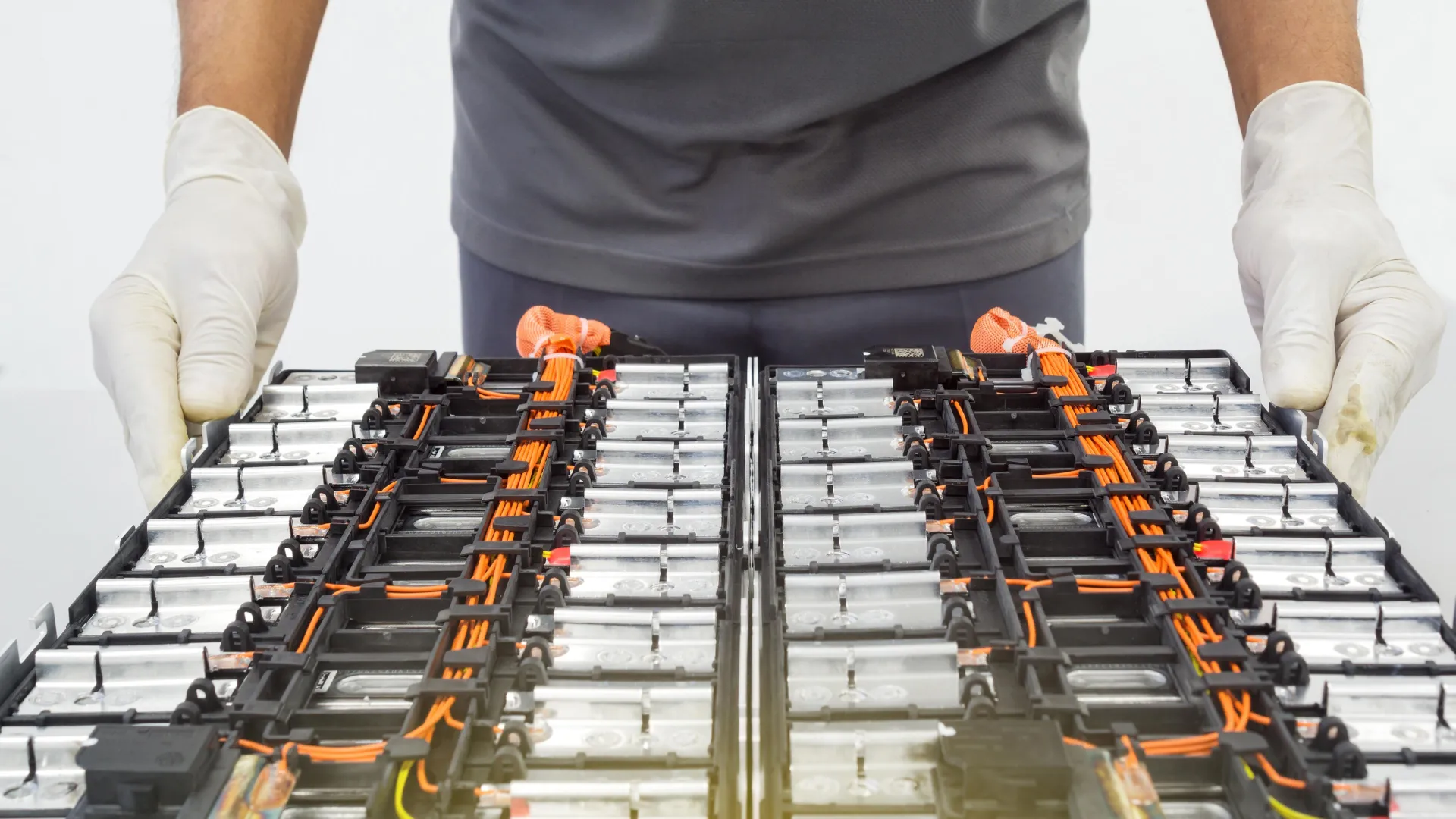Now Reading: Recycling Dead Batteries: A Billion-Dollar Solution to Cut Pollution
-
01
Recycling Dead Batteries: A Billion-Dollar Solution to Cut Pollution
Recycling Dead Batteries: A Billion-Dollar Solution to Cut Pollution

Quick Summary
- Increased demand for electric vehicles,portable electronics,and renewable energy storage has elevated lithium’s status as a critical mineral.
- Recycling lithium batteries is essential for reducing environmental impact and supporting a circular economy.
- The global lithium-ion battery market is projected to grow at a compound annual growth rate of 13%, reaching $87.5 billion by 2027. Lithium consumption will increase from 390 kilotons in 2020 to approximately 1,600 kilotons by 2026.
- Around 80% of the lithium capacity in spent batteries remains unused after their lifecycle in electric vehicles, making them viable candidates for recycling.
- Australia could generate up to 137,000 tons of lithium battery waste annually by 2035. The recycling industry could be worth between $603 million and $3.1 billion per year within the next decade.
- Recycling offers critically important environmental benefits: reduced carbon emissions (61%), lower energy use (83%), minimized water consumption (79%), and profit potential of up to $27.70 per kilogram of recovered lithium.
- Challenges include gaps in policy development vis-a-vis innovation rates and evolving chemical compositions that complicate recycling processes.
Indian Opinion Analysis
The article underscores the importance of scaling up investment into battery recycling infrastructure as India moves closer to its sustainable energy ambitions. Lithium is not only indispensable for India’s electrification goals-electric mobility being central to combating urban pollution-but lies at the heart of transforming renewable energy systems’ storage needs.
For India-a nation aggressively pursuing electrification-adopting efficient recycling frameworks woudl address several challenges simultaneously: mitigating raw material imports dependency while reducing carbon emissions from mining practices globally aligned with net-zero climate targets.
Though, strategic foresight appears crucial here; lessons from countries like Australia suggest policy lag can act as roadblocks despite technological advancements or private sector enthusiasm. India’s ability to implement robust legislation coupled inventive directions partnership-orientation amongst expertise stakeholders shall strengthen ấy scalability eco balance























